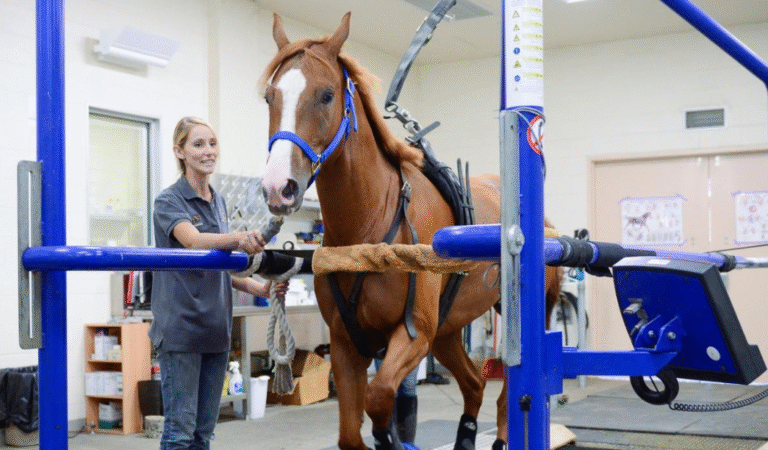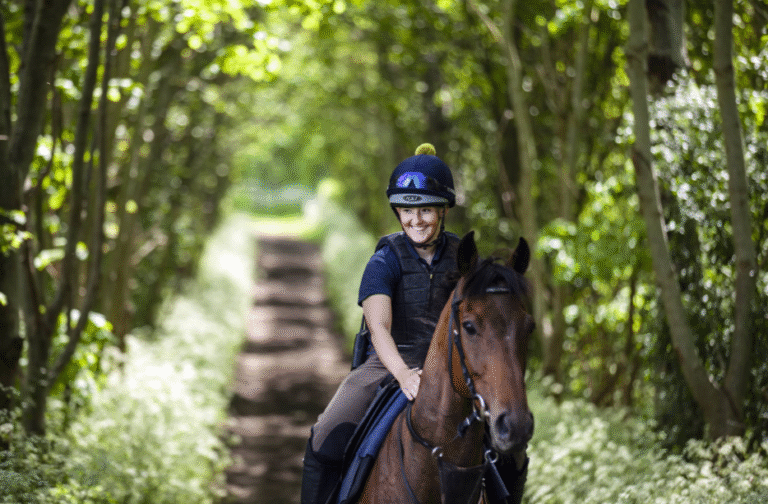10 Tips for Betting on Horse Races Like a Pro
Betting on horse races requires a strategic approach. Understanding the types of bets is crucial for tailoring a strategy that aligns with one’s risk tolerance. Researching horse and jockey performance, alongside analyzing track conditions, can significantly influence outcomes. However, many bettors overlook the importance of emotional control and bankroll management. These factors can make or break a betting strategy. What insights can transform a casual bettor into a seasoned pro?
Understand the Different Types of Bets
When engaging in horse race betting, understanding the various types of bets available is crucial for making informed decisions.
Different wager types, such as win, place, and show, cater to diverse betting strategies. Each type offers distinct risk and reward dynamics, allowing bettors to tailor their approaches based on individual preferences and risk tolerance.
Ultimately, this enhances their betting experience and potential for success.
See also: cplemairepmu
Research the Horses and Jockeys
Effective betting on horse races necessitates a thorough analysis of both the horses and their jockeys.
Examining past performance records offers insights into a horse’s capabilities, while evaluating the experience and track record of the jockey can significantly influence race outcomes.
Additionally, considering race conditions, such as weather and track surface, further contextualizes these variables and aids in making informed betting decisions.
Analyze Past Performance
Analyzing past performance is a crucial component of successful horse race betting, as it provides insight into the capabilities and tendencies of both horses and jockeys.
Examining historical trends and performance metrics allows bettors to identify patterns that could indicate future success.
Understanding these elements fosters informed decision-making, enriching the betting experience and enhancing the potential for profitable outcomes in equestrian events.
Evaluate Jockey Experience
A seasoned jockey can significantly influence a horse’s performance, making the evaluation of jockey experience essential for bettors. Analyzing jockey statistics and their unique racing strategies can provide insight into their potential success.
| Jockey Name | Win Percentage |
|---|---|
| Jockey A | 25% |
| Jockey B | 30% |
| Jockey C | 18% |
| Jockey D | 22% |
Consider Race Conditions
Evaluating jockey experience forms a foundational aspect of successful betting, but the interplay of race conditions cannot be overlooked.
Factors such as track surface and weather impact significantly influence a horse’s performance. A deep understanding of how different horses react to varying conditions—be it muddy tracks or dry surfaces—can provide bettors the edge needed to make informed decisions and maximize their chances of winning.
Analyze Track Conditions
Although track conditions may vary significantly from one race to another, understanding their impact on performance is crucial for informed betting decisions.
The track surface, whether dirt, turf, or synthetic, influences how horses perform under different weather conditions. Rain can soften the ground, while dry weather can lead to faster times.
Evaluating these factors can enhance a bettor’s strategic approach to wagering.
Study Past Performances
Studying past performances is crucial for informed betting in horse racing, as historical race data reveals patterns that can indicate future outcomes.
Analyzing race history not only provides insight into a horse’s consistency and ability under various conditions, but also highlights trends in performance across different tracks.
Additionally, evaluating jockey performance can enhance predictions, as the skill and experience of the rider often significantly influence a horse’s success.
Analyze Race History
Analyzing race history is crucial for making informed betting decisions in horse racing. By studying past performances, bettors can identify race trends and glean historical insights that may influence outcomes.
This analysis encompasses evaluating factors such as track conditions, distance preferences, and horse form. Understanding these elements empowers bettors, enhancing their ability to navigate the complexities of horse racing with confidence and strategic foresight.
Evaluate Jockey Performance
Evaluating jockey performance is essential for bettors seeking to gain an edge in horse racing.
Analyzing jockey statistics reveals trends in success rates, while understanding their riding techniques can indicate adaptability to various race conditions.
Bettors should scrutinize past performances, noting how jockeys have managed different horses, as this insight can significantly influence betting decisions and overall race outcomes.
Pay Attention to Odds
How can understanding odds transform a bettor’s approach to horse racing?
By grasping odds significance, bettors can assess the true value of a horse’s chances against its competitors.
Observing odds fluctuations provides insights into market sentiment, indicating potential shifts in performance expectations.
This analytical perspective empowers bettors, allowing them to make informed decisions rather than relying solely on instinct or superficial analysis.
Manage Your Bankroll Wisely
Effective bankroll management is crucial for long-term success in horse race betting.
Establishing a clear budget, meticulously tracking bets, and refraining from chasing losses are essential strategies that can help bettors maintain control over their finances.
Set a Budget
Setting a budget is a crucial step in managing a bankroll wisely when engaging in horse race betting. A well-defined budget facilitates effective bankroll management and enhances betting strategy.
Track Your Bets
Tracking bets is an essential practice for any serious horse racing bettor aiming to manage their bankroll effectively.
By implementing robust performance tracking methods, bettors can analyze their betting strategies, identify successful patterns, and refine their approaches.
This disciplined method not only enhances decision-making but also fosters a sense of autonomy, empowering bettors to navigate the complexities of horse racing with greater confidence and insight.
Avoid Chasing Losses
Managing a bankroll wisely requires discipline, particularly when faced with the temptation to chase losses. Engaging in loss recovery can lead to impulsive decisions that jeopardize financial stability.
Responsible gambling demands a strategic approach, emphasizing the importance of setting limits and adhering to them. By avoiding the urge to recoup losses hastily, bettors can maintain control and foster a healthier betting environment.
Look for Value Bets
While many bettors focus solely on favorites, astute gamblers recognize that value bets often yield the most profitable opportunities.
Conducting a thorough value assessment allows bettors to identify odds that exceed a horse’s true chances of winning.
Consider Race Day Factors
Frequently overlooked by many bettors, race day factors play a crucial role in determining a horse’s performance and, consequently, the outcome of a race.
Weather impact can drastically alter track conditions, while crowd influence may affect a horse’s demeanor.
Recognizing these elements enables bettors to make more informed decisions, ultimately enhancing their chances of success in the unpredictable world of horse racing.
Keep Emotions in Check
Emotional control is a pivotal aspect of successful horse racing betting. Maintaining a level head fosters better decision-making and enhances stress management. Bettors should recognize emotional triggers and develop strategies to mitigate their impact.
| Positive Strategies | Negative Triggers |
|---|---|
| Set a betting limit | Chasing losses |
| Take breaks | Impulsive decisions |
| Analyze past bets | Overconfidence |
| Stay informed | Emotional betting |
Learn From Your Mistakes
Learning from mistakes is essential for any bettor in the realm of horse racing. Engaging in mistake analysis allows bettors to identify patterns in their decision-making and outcomes.
Conclusion
In conclusion, successful horse race betting requires a blend of strategic analysis and disciplined execution. Interestingly, studies have shown that nearly 80% of bettors fail to make a profit over time, often due to emotional decision-making and inadequate research. This statistic underscores the importance of adhering to the outlined tips, as a methodical approach can significantly enhance the likelihood of long-term success. By consistently applying these principles, bettors can position themselves closer to the elusive edge in this competitive arena.





